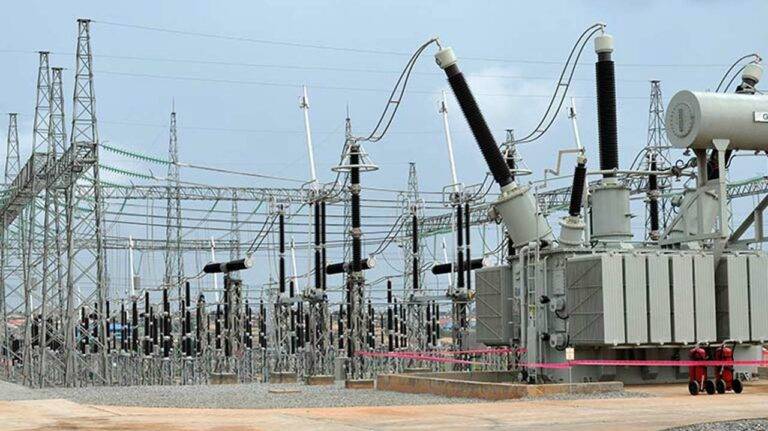The Presidential tax Committee on Fiscal Policy and Tax Reforms has suggested a N800 per dollar Customs import duty rate for the remainder of the year. This step will be a significant departure from the existing situation, in which customs duty is modified haphazardly, sometimes twice a day, with approximately 40 adjustments made this year.
Furthermore, the value has followed dramatic swings in the foreign exchange rate, with a range of between N900 and N1,700 to one US dollar this year alone, a situation that has sparked widespread outrage across corporate sectors. Taiwo Oyedele, chairman of the committee, revealed the new path yesterday when speaking about the tax panel’s work in Lagos.
The tax expert, a former partner at PwC Nigeria, stated that the Nigeria Customs Service’s (NCS) frequent fluctuations in import duty rates due to the volatility of the foreign exchange (FX) market prevent businesses from preparing adequately (presidential tax committee).
His words: “When we did the budget, we indicated the naira-to-dollar rate would be N800; now it is much higher than N1,000. People need to plan. “So now we’re asking the government to issue an order stating that for the remainder of the year, until December, we’ll pay import duty with N800. So, we’ve recommended N800.”
Customs usually use FX rates recommended by the Central Bank of Nigeria (CBN) for import duties based on trading activity in the official FX market. Many analysts have criticised this technique, pointing out that it is detrimental to organisations because it disrupts corporate planning (presidential tax committee).
As an alternative, Dr Muda Yusuf, Chief Executive Officer of the Centre for the Promotion of Private Enterprise (CPPE), suggested that Customs establish a quarterly exchange rate between N800/$ and N1000/$ for import duties assessment.

Presidential tax committee
Meanwhile, Oloyede stated that the committee has proposed that the country’s over 100 tax collection agencies at the federal, state, and local council levels be merged into a single tax agency named as the Nigerian Revenue Service. Oyedele went on to say that the group proposed zero-based budgeting and long-term appropriation. “The budget must be restructured to classify items under infrastructure, human capital investment, personnel cost and productivity, administrative overheads, debt service and sinking funds,” he stated.
Source: vanguardngr.com










